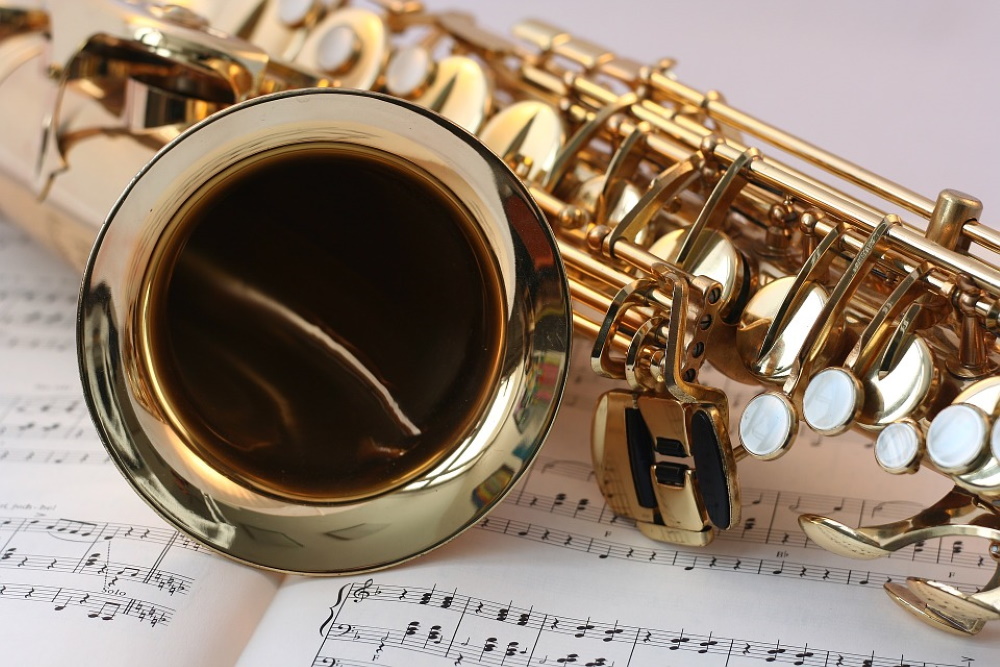Music is a very popular hobby. When getting better acquainted with a new friend, a common question is often “so, what sort of music do you like?”. This can spark hours and hours of discussions about favourite genres and bands. It’s also a great way to relax, listening to your favourite bands after a hard day of work or feeling the excitement of going to a music festival. However, music is not just a hobby. It has been used for many years as a tool to improve the performance of humans in many different areas.
Music to Improve Productivity
Ever since the industrial revolution, business people and academics began experimenting with ways to increase the productivity of the people on production lines. These experiments included many different variables, many of which will seem strange in the 21st century. For example, one experiment examined the affect of varying light levels on people’s productivity levels. Unsurprisingly, the results of this experiment showed no correlation, but others found that music could have a positive effect.
Very quickly factories began playing music for their workers, using songs that had a faster tempo since these proved most effective in boosting the output of workers. This was so successful that the British Broadcasting Corporation (BBC) began broadcasting a radio show called “Music While You Work” during workdays, providing the soundtrack to a whole nation of factory workers for several decades.

Music to Improve Concentration
Whilst songs with a higher BPM tend to have the best effect on improving productivity, it is much more down to personal preference when it comes to helping concentration. Some prefer a high tempo, whilst others prefer the soothing sounds of classical music and jazz. Music is commonly used to improve concentration in sports like poker, where it is one of the most important elements of success. Whilst it is more visible in real world poker tournaments, the principals apply equally to those playing online or on mobile poker apps.
Music as a Medical Tool
Music was being used for medicinal benefits at least as early as the Ancient Greeks. This can be particularly seen in the fact that Apollo was the God of both music and healing. Although medicine has developed significantly in the 21st century, researchers have begun to look again at using music to provide healing benefits to patients. It has been found to assist in reducing heart rate, decreasing blood pressure and also helping to lower the levels of stress in a patient. Scientists are not currently able to definitively prove why this is possible, but some theories include music’s ability to alter the body’s nervous system or the promotion the development of new nerve cell connections.
Music in Education
Music has been used as a tool for education for as long as humans have been making music, with songs used to tell stories and pass messages down through generations. In more recent times, music has been used to aid memory recall in both adults and children, with prominent examples including TV shows like Sesame Street where songs were used to teach children about simple subjects, numbers and letters. Learning languages can also often be helped by fully immersing yourself in the culture of the language and a significant part of this is listening to music. It can help to teach new vocabulary and also to reinforce the already learned words through the use of catchy tunes and repetition.
In Summary
Music is a lot more than just a hobby. It is a powerful tool that can deliver measurable boosts in productivity and concentration levels. It is so successful at this, that workers in the United Kingdom were provided a national radio programme specifically to boost their productivity for several decades. It can also be used for medicine and education, supplementing other tools and techniques.














